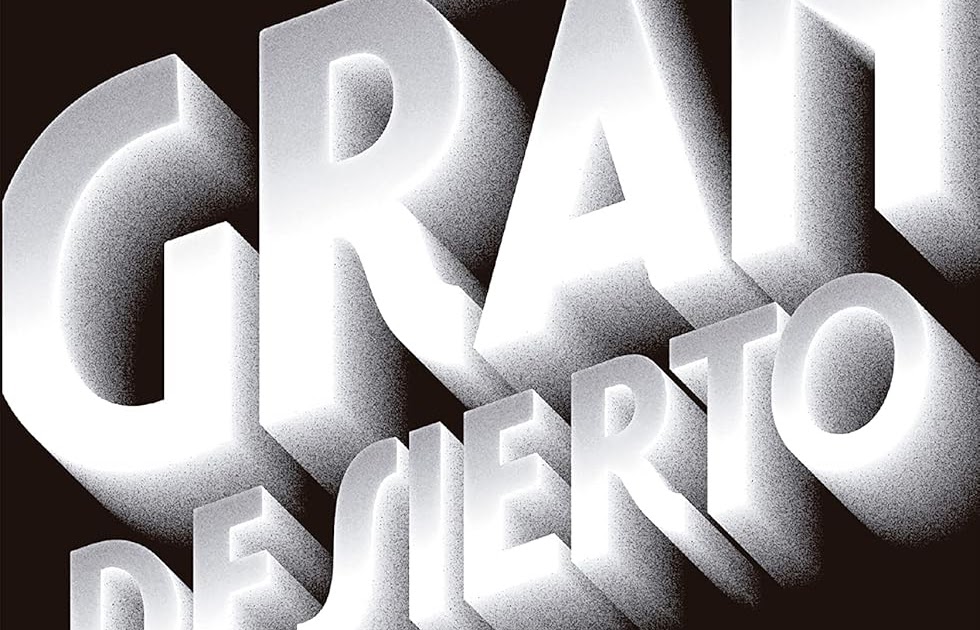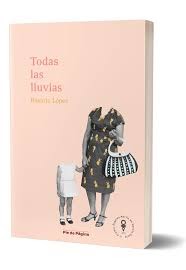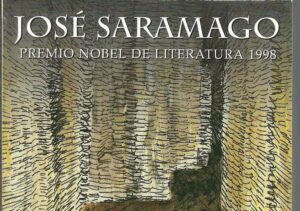
Original Language: English
Títutulus original: The Big Nowhere
Year of publication: 1986
Translation: Carlos Gardini d’Angelo
Valoración: Highly recommended
«All honest policemen resemble each other, but each corrupt policeman is in their own way». Alain king
The most concrete recommendation I can do about the second book of The Los Angeles Quartet is the following: if they liked The Black Dalia, The Great Desert He will love them.
Murders, corrupt police, mafia, Jews, femme Fatals, communists, gay, jazz … You can’t ask for more. A novel that has everything.
The epigraph of this review refers to the three protagonists of this story: Danny Upshaw, a corrupt policeman who investigates a series of grotesque murders; Malcolm “Mal” considine, an even more corrupt policeman, in charge of infiltrating the communist movement that has impregnated Hollywood, while dealing with the legal battle against his European wife (whom he rescued from the Nazis, a detail that gives an account of the density of the novel) for the custody of his son; And Turner “Buzz” Meeks, an expolishing turned into the slender of the Jewish mafia of Los Angeles, perhaps the most corrupt of all. As expected, the three narrative lines are intertwined masterfully.
When I read the book, I was completely ignorant of the historical facts that the novel portrays. In most cases, the real contributes likelihood and crudeness to fiction, something that sometimes seems like a small trap by the writer. In my case, even ignoring the situation of the postwar United States (without even knowing that it was based on real events), the characters and situations narrated by Ellroy impressed me by their authenticity and complexity.
Figures such as Mickey Cohen, the famous Jewish Gánster who controlled the game of the game and extortion in Los Angeles, or Jack Dragna, his italo-American counterpart, appear portrayed with the characteristic crudeness of Ellroy: violent, paranoid and always on the edge of betrayal.
In addition, the novel is immersed in the political tensions of the time, in particular the anti -communist hunting that permeated Hollywood during the forties and fifty. Research committees, black lists and generalized paranoia are part of the day -to -day life of the protagonists. Ellroy organically incorporates concrete episodes as the case of Sleepy Lagoon, where a group of Mexico-American youth was unfairly accused of murder in a climate loaded with racism, and the subsequent disturbances of the zoot suits. These historical events reveal the atmosphere of fear, discrimination and ideological persecution that made Los Angeles a hotbed of social and political tensions, fertile terrain for police corruption and violence that dominate the novel.
Yes in Black Dalia We faced the myth of disoundly crime, here the horror is collective: in Los Angeles everyone conspires, all betray and nobody is clean.
Other works by James Elroy in Ulad: The Black Dalia, perfidy, this storm, my dark corners
Source: https://unlibroaldia.blogspot.com/2025/08/james-ellroy-el-gran-desierto.html


